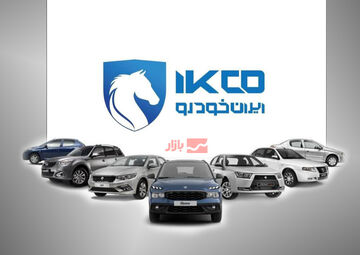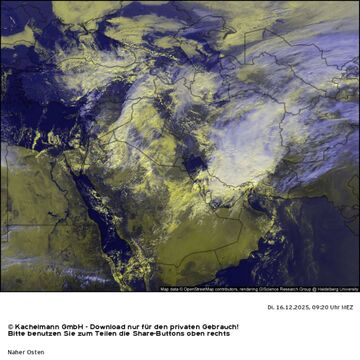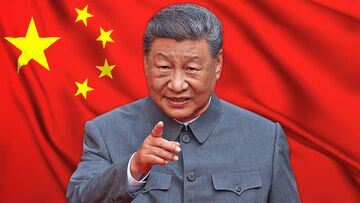TEHRAN(Bazaar) – William O. Beeman, Professor Emeritus of University of Minnesota, says the Chinese can try to get the GCC nations to accept yuan for their oil, but were I a GCC oil seller, I would not accept such a deal because the yuan's value is artificially established by the Chinese government, so there is no guarantee of the value of yuan holdings based on currency market forces.
He adds: “It would only be effective if the Yuan were fully convertible (to dollars!) or if the proceeds from the sale of oil in yuan could be used exclusively to purchase Chinese goods.”
Following is the text of the Bazaar interview with Professor William O. Beeman.
Q: One of the pillars of the trade order after World War II was the dominance of the dollar in the international economy. To what extent was the dollar effective in the institutionalization of the American order?
A: The dollar is the defacto currency of the world. Every aspect of international trade is denominated in dollars, or needs to be routed through transfer systems that rely on the dollar. There are many billions more dollars outside of the United States than inside the United States. For this reason, the United States has enormous flexibility in regulating its world trade, and also much more leverage than any other country to put pressure on other nations to conform to U.S. foreign policy. Although some nations have tried to bypass dollar control of the world economy, they have been completely unsuccessful. The rise of crypto currency was the latest such effort. As we have seen, crypto currencies have now collapsed. The colonial era in terms of direct political control on the part of great powers over smaller states is at an end, but the United States economic domination of the world is a form of neo-colonialism that continues. There are some disadvantages to the dollar domination of the world economy. For one, because the dollar is "liquid," anyone can own it. In particular China holds enormous U.S. debt and could use that debt to put pressure on the United States. This is a constant worry in Washington.
Q: In recent years, de-dollarization has been pursued by various countries, including China and Russia. Even the countries of the Shanghai Cooperation Organization are looking for local currency exchanges. What is the reason for this issue and to what extent will de-dollarization be successful?
A: Thus far these attempts to bypass the dollar have been utterly unsuccessful. The reason for this is that world trade must pass through dollar denominated mechanisms. The sheer volume of dollar denominated transactions in the world is so great that these measures have thus far been ineffective.
Q: During his recent visit to Saudi Arabia, the President of China raised the issue of exchanging energy with the Chinese currency, the Yuan. Is this practical?
A: It would only be effective if the Yuan were fully convertible (to dollars!) or if the proceeds from the sale of oil in yuan could be used exclusively to purchase Chinese goods. Everyone knows that the yuan's value is not governed by market forces. The Chinese government controls the exchange rate for it. Saudi Arabian officials would be very foolish to accept yuan and not dollars for their oil, because the Chinese government could turn around and devalue the yuan, leaving the Saudi Arabians with lower value currency. The dollar is once again much more reliable as a fungible currency.
Q: Some believe that China's energy trade with the GCC members will deal a hard blow to the United States and the dominance of the dollar. Accordingly, the risk of this action is high for these countries and they may lose the military support of the United States. what is your opinion?
A: I'm not sure why this belief is being promulgated. The GCC countries sell their oil on the world market, and the world oil market is denominated in dollars. So, the Chinese either have to pay the world dollar price for oil or try to get people to accept a barter arrangement, or payment in yuan. As I mentioned above, the Chinese can try to get the GCC nations to accept yuan for their oil, but were I a GCC oil seller, I would not accept such a deal because the yuan's value is artificially established by the Chinese government, so there is no guarantee of the value of yuan holdings based on currency market forces.
Q: Regarding the plan to create a free trade zone between the GCC and China, what is the importance of this issue in the competition between America and China in this region?
A: Again, this is an attempt to bypass dollar denominated trade. It is, in effect, a kind of barter system. If the GCC countries want to tie their economic future directly to China, they might agree to something like this in a limited fashion. This would be a closed economic system. But GCC companies and individuals have holdings and economic interests all over the world. Tying their economic future to the non-market-regulated yuan strikes me as a somewhat risky proposition. Eventually the GCC would have to return to dollar transactions by converting their yuan holdings. The value of the dollar seems to go up and down vis-a-vis other currencies, but it is actually the dollar that is stable, and the other currencies vary with relation to it. That is why it retains its dominance in world trade















نظر شما